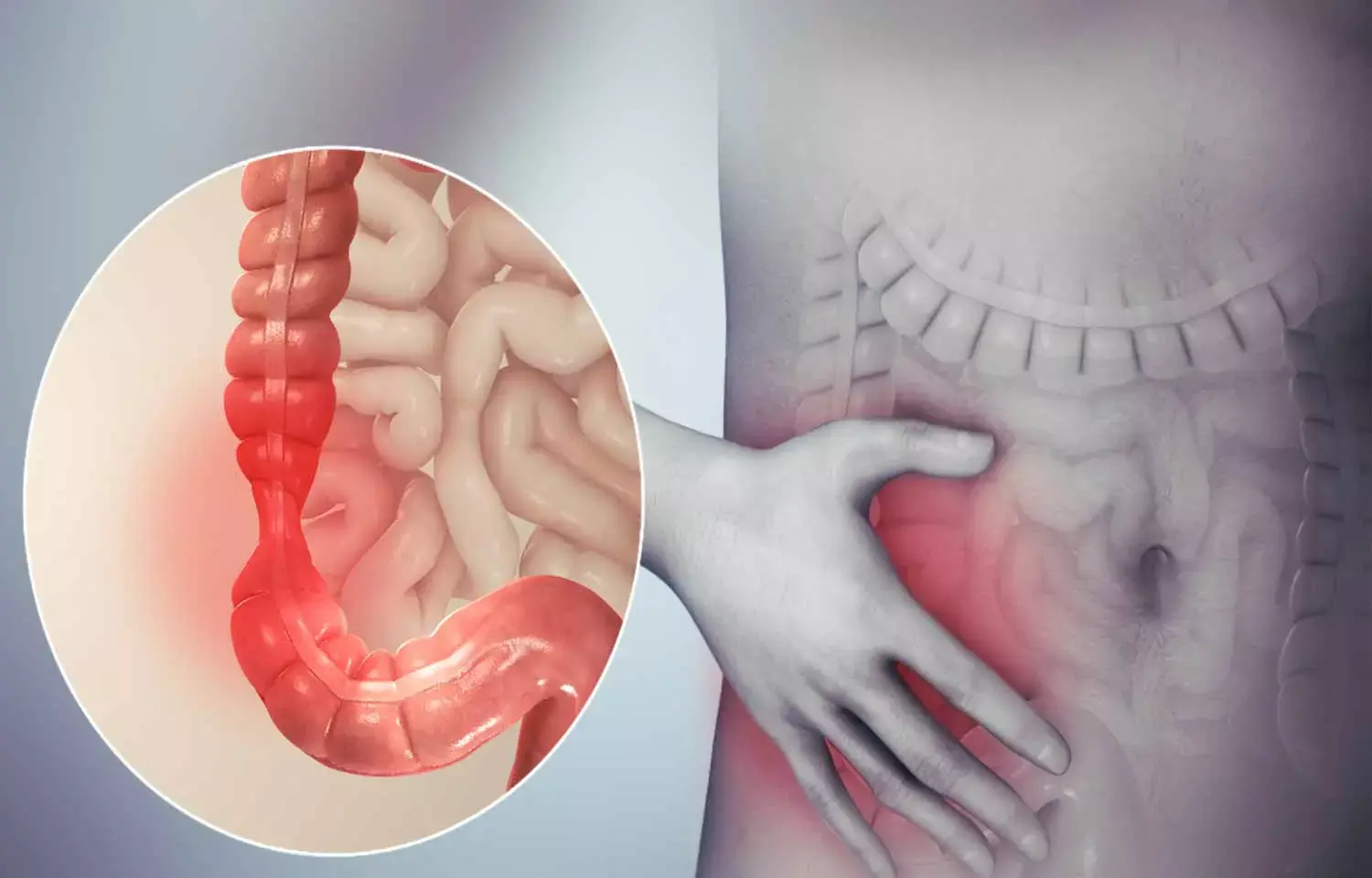- Home
- Medical news & Guidelines
- Anesthesiology
- Cardiology and CTVS
- Critical Care
- Dentistry
- Dermatology
- Diabetes and Endocrinology
- ENT
- Gastroenterology
- Medicine
- Nephrology
- Neurology
- Obstretics-Gynaecology
- Oncology
- Ophthalmology
- Orthopaedics
- Pediatrics-Neonatology
- Psychiatry
- Pulmonology
- Radiology
- Surgery
- Urology
- Laboratory Medicine
- Diet
- Nursing
- Paramedical
- Physiotherapy
- Health news
- Fact Check
- Bone Health Fact Check
- Brain Health Fact Check
- Cancer Related Fact Check
- Child Care Fact Check
- Dental and oral health fact check
- Diabetes and metabolic health fact check
- Diet and Nutrition Fact Check
- Eye and ENT Care Fact Check
- Fitness fact check
- Gut health fact check
- Heart health fact check
- Kidney health fact check
- Medical education fact check
- Men's health fact check
- Respiratory fact check
- Skin and hair care fact check
- Vaccine and Immunization fact check
- Women's health fact check
- AYUSH
- State News
- Andaman and Nicobar Islands
- Andhra Pradesh
- Arunachal Pradesh
- Assam
- Bihar
- Chandigarh
- Chattisgarh
- Dadra and Nagar Haveli
- Daman and Diu
- Delhi
- Goa
- Gujarat
- Haryana
- Himachal Pradesh
- Jammu & Kashmir
- Jharkhand
- Karnataka
- Kerala
- Ladakh
- Lakshadweep
- Madhya Pradesh
- Maharashtra
- Manipur
- Meghalaya
- Mizoram
- Nagaland
- Odisha
- Puducherry
- Punjab
- Rajasthan
- Sikkim
- Tamil Nadu
- Telangana
- Tripura
- Uttar Pradesh
- Uttrakhand
- West Bengal
- Medical Education
- Industry
Treatment of IBD with steroids and tofacitinib increases cholesterol levels: Study

Inflammatory bowel disease (IBD) is associated with an increased risk of cardiovascular disease however prevalence of obesity, hypertension and dyslipidaemia are similar or even lower in IBD patients compared to the general population. Dr Jasmijn A. M. Sleutje and team have found in a new study that a combination of corticosteroids and tofacitinib increased total cholesterol levels but was inverse for TNF-α treatment in IBD patients. The study has been published in Alimentary Pharmacology and Therapeutics.
The objective of the study was to evaluate the effect of different IBD drug classes on lipid profile, as Sleutjes and team stated that "Patients with an active chronic inflammatory disease have lower levels of total cholesterol, HDL-cholesterol (HDL-c) and LDL-cholesterol (LDL-c) compared with patients who are in disease remission and the general population. This so-called "lipid paradox" has been mirrored in other inflammatory states" and It is unknown if lipid levels are affected similarly by all classes of IBD therapy.
The researchers conducted a systematic literature search of randomised controlled trials and observational cohort studies that assessed lipid levels before and after induction (≤10 weeks) and maintenance (>10 weeks) of IBD treatment. Data of 11 studies (1663 patients) were pooled using random effects models. The influence of patient and disease characteristics on treatment effects on total cholesterol levels was analysed in 6 studies (1211 patients) for which individual data were available, using linear mixed models.
They found that there was a statistically significant increase in total cholesterol levels after induction treatment with corticosteroids (+1.19 mmol/L, 95% confidence interval [CI95] +0.52 to +2.59), and tofacitinib (+0.66 mmol/L, CI95 +0.42 to +0.79), but not after anti-TNF α treatment (−0.11 mmol/L, CI95 −0.26 to +0.36 mmol/L). Similar differences were observed after maintenance treatment. Treatment effects were significantly related to age, but not with other factors. Lipid changes were inversely correlated with but not modified by CRP changes.
They concluded that "Increase in total cholesterol levels was strongest for corticosteroids followed by tofacitinib but was not observed for anti-TNFα agents. Whether total cholesterol change associated with IBD treatment has an effect on cardiovascular risk requires further study"
For further information: https://doi.org/10.1111/apt.16580
Medical Dialogues consists of a team of passionate medical/scientific writers, led by doctors and healthcare researchers. Our team efforts to bring you updated and timely news about the important happenings of the medical and healthcare sector. Our editorial team can be reached at editorial@medicaldialogues.in.
Dr Kamal Kant Kohli-MBBS, DTCD- a chest specialist with more than 30 years of practice and a flair for writing clinical articles, Dr Kamal Kant Kohli joined Medical Dialogues as a Chief Editor of Medical News. Besides writing articles, as an editor, he proofreads and verifies all the medical content published on Medical Dialogues including those coming from journals, studies,medical conferences,guidelines etc. Email: drkohli@medicaldialogues.in. Contact no. 011-43720751


